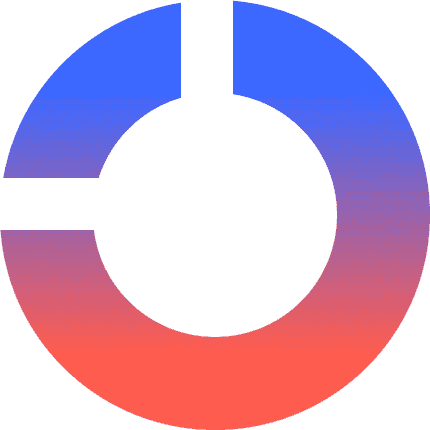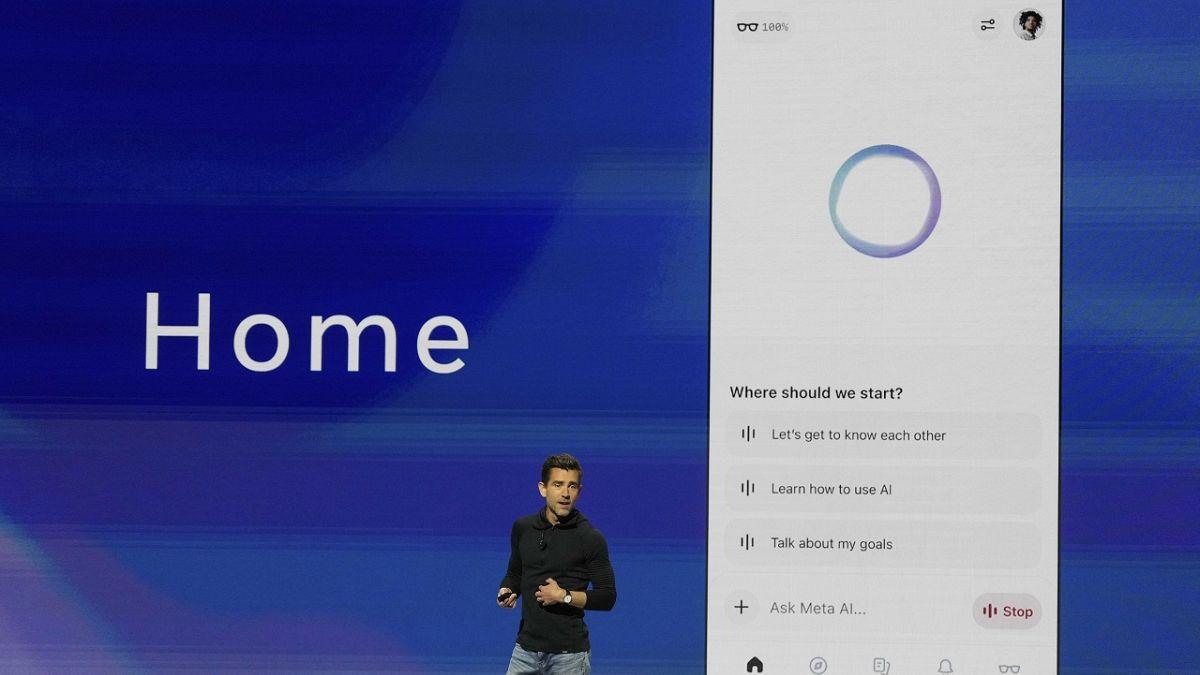Germany Lags Behind in AI Oversight as EU Deadline Passes
2 Sources
2 Sources
[1]
German government urged to start proper supervision of AI
Germany is one of several EU member states that have missed a 2 August deadline to put oversight authorities in place on AI. German consumer groups and regulators have called upon the government to formally appoint a national authority to begin oversight of artificial intelligence providers. Germany missed the EU deadline of 2 August to notify the European Commission which market surveillance authorities it has appointed to oversee business compliance with the AI Act. The local regulators once appointed will then keep an eye on local providers of AI systems, ensuring they follow the Act. The Hamburg data protection commissioner, Thomas Fuchs, called on the federal government to quickly designate the AI market surveillance authorities - which in some areas also include the data protection supervisory authorities. "Due to the delay, companies and authorities are now missing their binding contact person for questions about the AI regulation. This is also a disadvantage for Germany as a location for AI innovation," Fuchs said. These concerns were echoed by Lina Ehrig, head of digital at the Federation of German Consumer Organisations (VZBV). Without supervision, companies could use AI to manipulate consumers or exploit individual weaknesses, for example via real-time voice analysis in call centres, VZBV warned. "There needs to be a supervisory authority that keeps an eye on this and acts against violations. That hasn't happened so far," says Ehrig. According to a Commission official, some of the 27 EU member states have sent notifications about the appointments - which are now under consideration - however, it seems that most member states have missed the deadline. Euronews reported in May that with just three months to go until the early August deadline, it remained unclear in at least half of the member states which authority will be nominated. Despite the lack of national regulation, the Hamburg data watchdog said it started building capability and training personnel for the complex tests of AI systems to be ready for the moment of legal designation. The regulator earlier this year asked Meta questions about its AI tools. The AI Act entered into force in August 2024, but the provisions start to apply gradually. This month, national authorities need to be appointed, and rules on general purpose providers - such as ChatGPT, Claud AI and Gemini - start to apply.
[2]
Germany unprepared as EU AI Act enters enforcement phase
German consumer organizations and regulators are urging the government to appoint a national authority for artificial intelligence oversight, following Germany's missed EU deadline of August 2 to notify the European Commission of its market surveillance authorities for AI Act compliance. Thomas Fuchs, Hamburg data protection commissioner, requested prompt designation of AI market surveillance authorities, including data protection supervisory bodies. Fuchs stated, "Due to the delay, companies and authorities are now missing their binding contact person for questions about the AI regulation. This is also a disadvantage for Germany as a location for AI innovation." Lina Ehrig, head of digital at the Federation of German Consumer Organisations (VZBV), expressed similar concerns. The VZBV warned unsupervised AI could allow companies to manipulate consumers or exploit individual weaknesses, citing real-time voice analysis in call centers as an example. Ehrig stated, "There needs to be a supervisory authority that keeps an eye on this and acts against violations. That hasn't happened so far." A Commission official confirmed some EU member states submitted appointment notifications, which are under consideration, but most missed the deadline. Euronews reported in May that with three months until the early August deadline, authority nominations remained unclear in at least half of the member states. Despite the absence of national regulation, the Hamburg data watchdog has begun developing capabilities and training personnel for complex AI system tests in anticipation of legal designation. The regulator previously questioned Meta regarding its AI tools. The AI Act became effective in August 2024, with provisions applying gradually. This month, national authorities require appointment, and regulations for general-purpose AI providers, including ChatGPT, Claud AI, and Gemini, are set to commence application.
Share
Share
Copy Link
Germany misses the EU deadline to appoint AI oversight authorities, raising concerns about consumer protection and innovation in the AI sector.
Germany's Delay in AI Oversight Implementation
Germany, along with several other EU member states, has missed the August 2 deadline to appoint national authorities for overseeing artificial intelligence (AI) providers as required by the EU AI Act. This delay has sparked concerns among consumer groups and regulators about the country's readiness to supervise AI technologies and protect consumers
1
2
.
Source: Dataconomy
Calls for Urgent Action
Thomas Fuchs, the Hamburg data protection commissioner, has urged the German federal government to swiftly designate AI market surveillance authorities. Fuchs emphasized the negative impact of this delay, stating, "Due to the delay, companies and authorities are now missing their binding contact person for questions about the AI regulation. This is also a disadvantage for Germany as a location for AI innovation"
1
.Lina Ehrig, head of digital at the Federation of German Consumer Organisations (VZBV), echoed these concerns. The VZBV warned that without proper supervision, companies could potentially exploit AI technologies to manipulate consumers or take advantage of individual vulnerabilities, such as through real-time voice analysis in call centers
2
.EU-wide Implementation Challenges
The issue extends beyond Germany, as a Commission official confirmed that while some EU member states have submitted notifications about their appointed authorities, most have missed the deadline. This widespread delay was foreshadowed in a May report by Euronews, which indicated that with just three months until the deadline, at least half of the member states had not clearly identified which authority would be nominated
1
.Implications for AI Regulation and Innovation
The AI Act, which came into force in August 2024, is designed to regulate the development and use of AI technologies across the EU. The missed deadline for appointing national authorities could potentially hinder the effective implementation of the Act's provisions, particularly those related to general-purpose AI providers like ChatGPT, Claude AI, and Gemini, which are set to come into effect this month
2
.Related Stories
Proactive Measures Despite Delays

Source: Euronews
Despite the lack of formal designation, some regulators are taking proactive steps. The Hamburg data watchdog, for instance, has begun building capabilities and training personnel to conduct complex tests of AI systems in anticipation of eventual legal designation. They have already engaged with major tech companies, such as Meta, regarding their AI tools
1
.The Road Ahead
As Germany and other EU member states work to catch up with the AI Act's requirements, the delay serves as a reminder of the complexities involved in regulating rapidly evolving AI technologies. The coming months will be crucial in determining how effectively these nations can implement oversight mechanisms and balance innovation with consumer protection in the AI sector.
References
Summarized by
Navi
[2]
Related Stories
EU Stands Firm on AI Act Timeline Despite Industry Pushback
03 Jul 2025•Policy and Regulation

EU AI Act Takes Effect: New Rules and Implications for AI Providers and Users
01 Aug 2025•Policy and Regulation

EU Unveils AI Code of Practice: Balancing Innovation with Regulation
11 Jul 2025•Policy and Regulation

Recent Highlights
1
ByteDance's Seedance 2.0 AI video generator triggers copyright infringement battle with Hollywood
Policy and Regulation

2
Demis Hassabis predicts AGI in 5-8 years, sees new golden era transforming medicine and science
Technology

3
Nvidia and Meta forge massive chip deal as computing power demands reshape AI infrastructure
Technology





